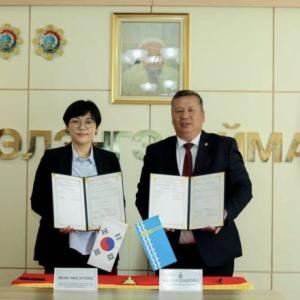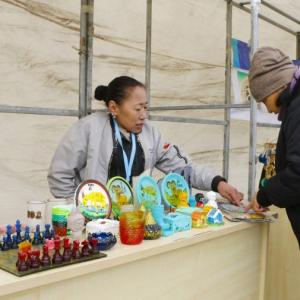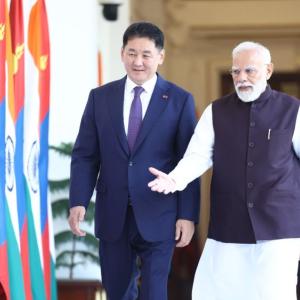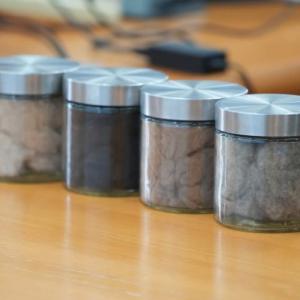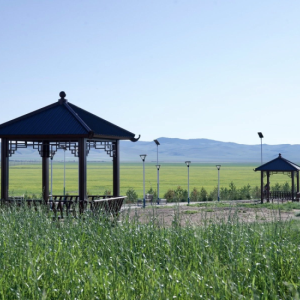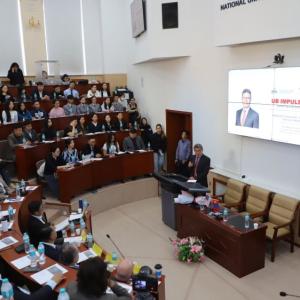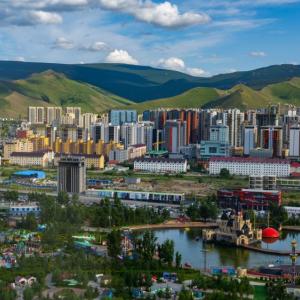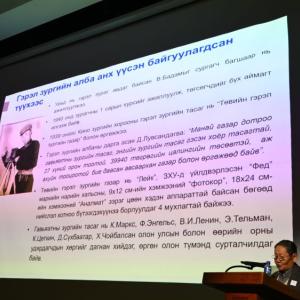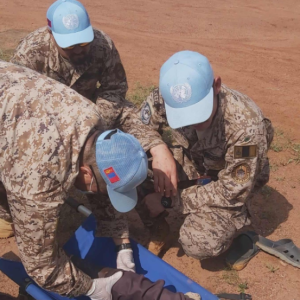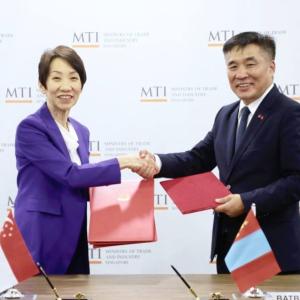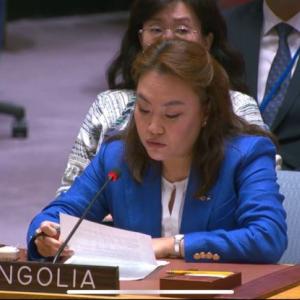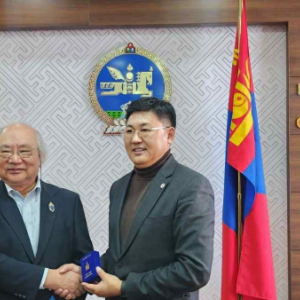Mongolia Secures 80 Percent of Its Vegetable Demand in 2023
Economy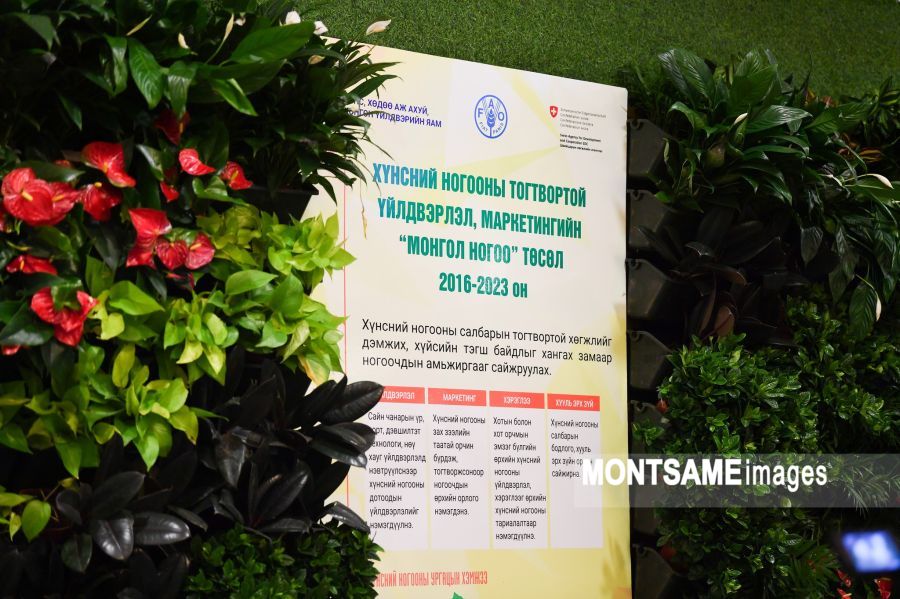
Ulaanbaatar, October 31, 2023 /MONTSAME. Since the launch of the Mongolian Vegetable Project in 2004, vegetable production has met 40 percent of Mongolia's demand in 2015 and is expected to cover 80 percent of its needs by 2023. The Project, funded by the Swiss Agency for Development and Cooperation (SDC), was implemented in 24 soums of ten aimags in Mongolia from 2004 to 2023.
When the Mongolian Vegetable Project launched in 2004, vegetables were grown on 7,600 hectares, and farmers harvested 72 tons of crops. As of fall 2023, the land used for vegetable farming has increased by 60 percent to 12,600 hectares, and the harvest is expected to reach 165,000 tons, 2.3 times higher than the project's launch.
The introduction of new vegetable varieties and innovations in seed production has led to a 1.4- to 2.4-fold increase in the cultivation of cabbage, turnips, onions, and garlic compared to 2016. In addition to cultivating and producing imported cabbage and onions, the Mongolian Vegetable Project has successfully introduced new vegetable varieties, provided seeds, and offered technical support to Mongolian farmers.

Two executive bodies were established within the project: the Mongolian Farmers Association for Rural Development NGO and the Center for the Production of Vegetable Seeds, Consulting, and Servicing Vegetable Growers. A mechanism for selling vegetables through a joint cooperative was also established to ensure the stability of the final results. The Vegetable Seed Service Unit, in cooperation with the Ministry of Food, Agriculture, and Light Industry of Mongolia, is operating steadily to implement the national policy for vegetable seeds to minimize the loss of vegetable varieties, seed policy instability, and price fluctuations for vegetable seeds.
To avoid selling their vegetables at a low price in an unregulated market, Mongolian vegetable growers established a joint cooperative in 2018 to sell their produce through chain supermarkets, restaurants, and government agencies.

"Our agency supports Mongolia in its fight against poverty, pursuit of food security, improvement of food quality, and promotion of sustainable agriculture in alignment with the Sustainable Development Goals. Mongolia has fully secured its domestic demand for potatoes, producing nearly 100 percent of its staple vegetable seeds and up to 70 percent of its vegetable needs domestically. This is a significant step towards achieving food security, but additional efforts are required to meet food security objectives. Since 2004, we have invested approximately USD 60 million in Mongolia's agricultural sector and USD 15 million in the vegetable sector. We have collaborated effectively to improve the nutrition status of the Mongolian population and provide it with healthy food. Furthermore, we have focused on food security and supply. The quality and variety of food products are more important than quantity, so we have made efforts to update seed varieties and support seed funds. We're grateful to the organizations, vegetable growers, and families who have taken part in the Project. Together, we've achieved remarkable results," said Dr. Stefanie Burri, Head of the SDC in Mongolia.

"In the context of the Mongolian Vegetable Project, the following benefits were provided as part of the National Campaign on Food and Security, initiated by the President of Mongolia: soft loans with an interest rate of 3 to 5 percent per annum, a subsidy of MNT 100,000 per ton of 10 types of vegetables, and a 50% reimbursement of the cost of technical equipment. These factors contributed to the Project," noted Project Coordinator T. Turmunkh.
Turmunkh said, "We spent 13 billion Mongolian Tögrög (MNT) on the second phase of the Project, and we achieved good results. For example, a non-governmental organization that unites 1,500 vegetable growers in 35 sectors of Mongolia can develop future project proposals. And thanks to a joint cooperative in Mongolia that streamlined vegetable sales management, we're now selling more than 2,000 tons of potatoes and vegetables worth 4 billion MNT annually in the capital market of Mongolia. This has increased producers' income by 20-30 percent."
The participants discussed effective ways to apply their accumulated experience. They exchanged videos, printed handouts, and shared good practices related to Project implementation. Additionally, the participants exchanged opinions on the legal and financial support from the government for the three fully equipped Centers for Consulting and Servicing Vegetable Growers established under the Project.
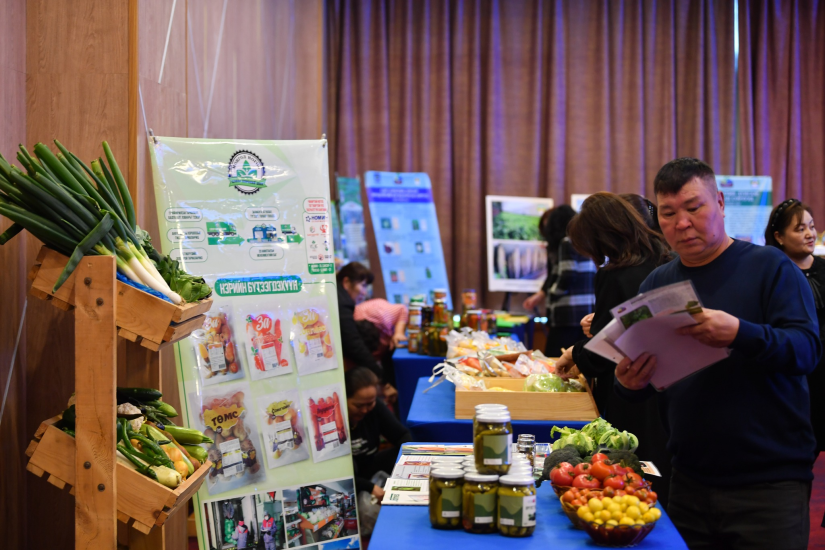
 Ulaanbaatar
Ulaanbaatar















